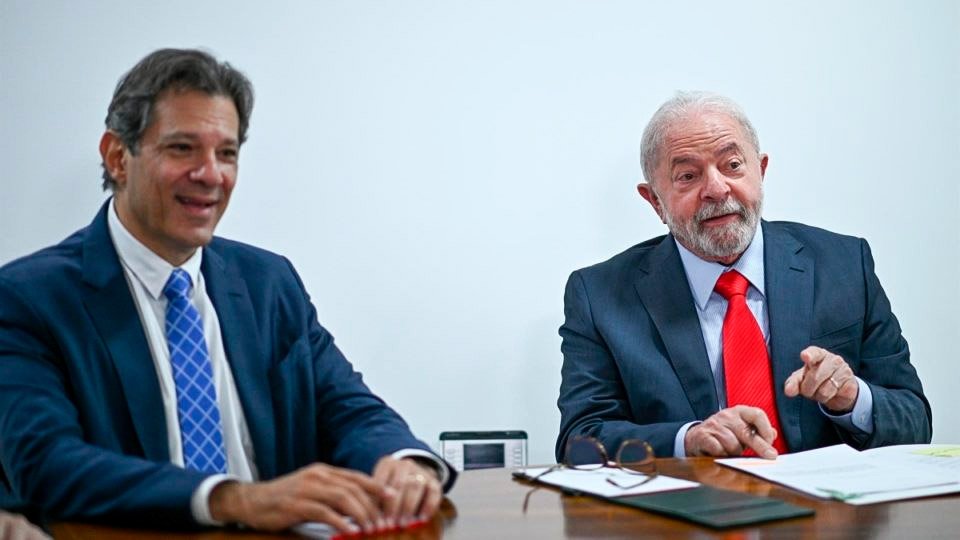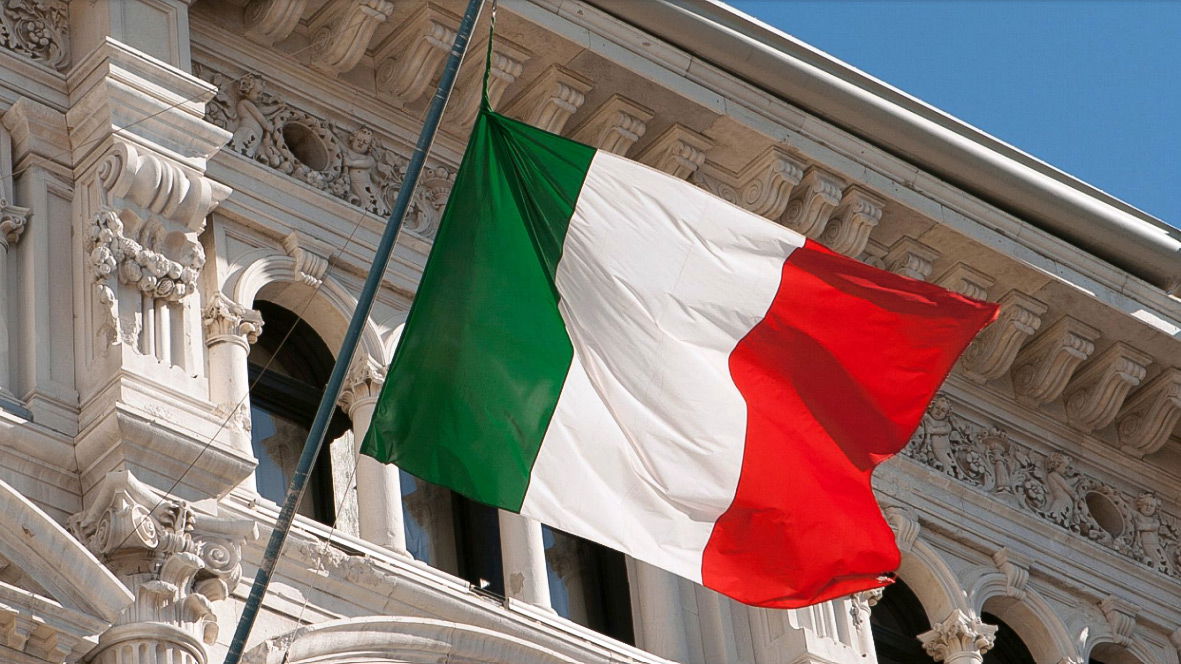Brazil govt. publishes Provisional Measure raising online betting tax from 12% to 18%

The Brazilian government has issued a Provisional Measure (MP) increasing the tax on online betting companies from 12% to 18% of their net revenue (Gross Gaming Revenue, or GGR). The change represents a 50% tax hike and is part of a broader fiscal strategy to offset losses following the rollback of the Financial Operations Tax (IOF).
The new tax structure, published in a special edition of the Official Gazette, allocates the additional 6% revenue to social security and health programs, while maintaining the 10% previously established by law. Betting operators will now contribute a total of 16% of their GGR to the federal government. The change will take effect on October 1, 2025, following a mandatory 90-day waiting period.
The MP also introduces aggressive regulatory measures targeting illegal betting operations. Internet providers, payment platforms, and app stores will be required to establish a direct communication channel with Brazil’s Ministry of Finance to ensure swift compliance with orders to block or suspend unauthorized services.
Key enforcement provisions include payment restrictions, with financial institutions and payment providers banned from processing transactions for unlicensed betting operators. Advertising bans are also contemplated, with individuals and companies prohibited from promoting unauthorized platforms via physical or digital media.
Under the new rules, actions such as match-fixing, regulatory noncompliance, and maintaining ties with illegal operators are now classified as administrative offenses subject to penalties. Corporate accountability is also strengthened through a provision requiring executives involved in unauthorized betting activities to be barred from holding leadership roles in regulated companies.
The Provisional Measure takes immediate legal effect but must be approved by the National Congress within 120 days (60 days, renewable once). It begins in a joint congressional committee before moving to votes in the Chamber of Deputies and the Senate. If passed without amendments, the MP becomes law; otherwise, it may be revised or vetoed in part by the president.
Finance Minister Fernando Haddad has defended the measure, stating it balances fiscal responsibility with regulatory oversight. Despite skepticism from some lawmakers, the government believes the proposal will improve market integrity, protect bettors, and secure vital public funding.
The betting industry, already navigating recent licensing and compliance reforms, has expressed concerns over the financial impact of the tax hike. However, the government defended this move as a necessary step toward stabilizing the sector and aligning it with broader economic goals.
















